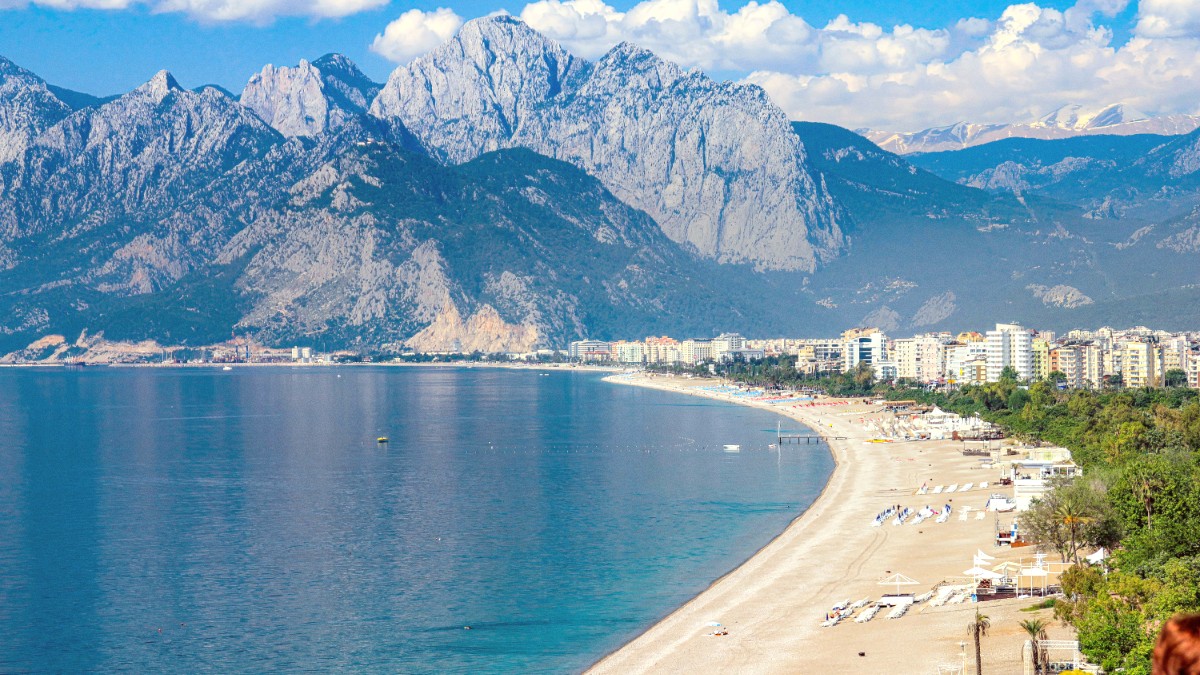
Mediterranean Coast, Turkey
Staying connected in Turkey is easy with local SIM cards and widely available Wi-Fi.
Turkish is the official language. English is common in tourist zones, but local phrases are appreciated.
Operating hours can vary across different types of establishments.
Public and religious holidays can affect business and transport schedules.
A polite and patient approach, especially with language barriers, truly enriches interactions with locals.
Accessibility for travelers with mobility challenges is improving, though some older areas present difficulties.
Newer malls, hotels, and parts of public transport (trams, some buses) offer ramps and wider access. Older areas like Kaleiçi have cobblestones and steps.
Major museums, including Antalya Museum, often have ramps and elevators. Newer attractions and large resorts are generally more accessible.
Newer public buses and trams have some accessibility. Private accessible transfers are the most reliable option for airport and tour needs.
Specific services for visually impaired travelers are limited in public infrastructure.
Infrastructure for hearing-impaired travelers might not be as widespread.
For specific needs, pre-arranging transfers and contacting local service providers is the most effective approach.
Embrace Turkish customs and etiquette for a respectful and engaging travel experience.
Initial introductions often involve a handshake, especially between men.
Dress codes vary by setting, with modesty at religious sites.
Turkish dining culture is warm and communal. Tipping details are important.
Certain subjects are best avoided in conversation with locals.
A guide to the local customs and social norms for a pleasant and respectful visit to Antalya.
Politeness and patience are in daily interactions, especially when language barriers are present.
A few simple rules make dining a more authentic experience.
Bargaining is common in traditional markets and can be an enjoyable interaction.
Be aware of certain subjects and actions to ensure respectful interactions.
Avoid sensitive political subjects, especially internal Turkish politics.
Show respect for Mustafa Kemal Atatürk, the founder of the Turkish Republic.
Excessive public displays of affection are generally not common.
Observing locals and adapting to their customs truly enriches your travel experience.